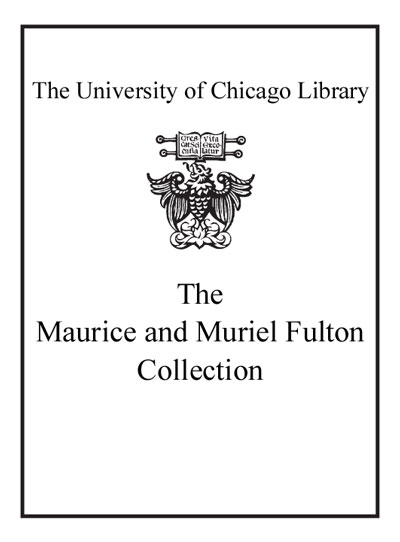Review by Choice Review
Jarvis (human geography, Univ. of Newcastle upon Tyne, UK) has produced an important contribution to an understanding of how "people organize their working life in post-industrial cities." Dual-earner families find it difficult to negotiate their many responsibilities in the face of constant corporate downsizing and the flexible employment strategies of business. Balancing work, child care, and personal relationships requires difficult choices of where to live, how or whether to commute, and which hours and days to work. Such choices, moreover, are made within cities whose workplaces, schools, food stores, and transportation options are less than optimally arranged and against a backdrop of social and business policies that fall short of fully supporting working families. The consequences for families are physical exhaustion, emotional stress, and financial stringencies. For the cities, their spatial form and the ways in which working parents move through them stifles sustainability. These interwoven themes focus this richly documented and insightful analysis of 100 families in five cities in the US and England. Jarvis's perspective on urban life is not only informative but inventive as well. ^BSumming Up: Highly recommended. Graduate through professional collections. R. A. Beauregard New School University
Copyright American Library Association, used with permission.
Review by Choice Review

